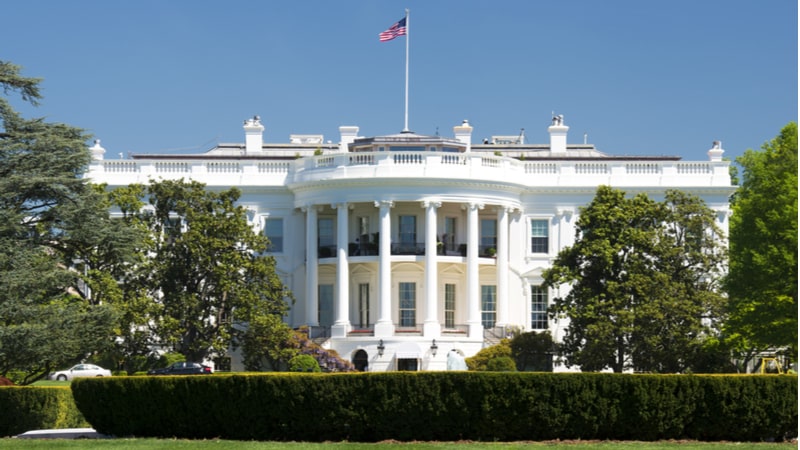
The Biden Administration has gone to work on stopping the spread of the COVID-19 virus through executive orders (EO) that will enhance data collection capabilities among relevant industries and establish a national testing strategy that includes a contact tracing element.
Earlier this week, President Biden signed the Ensuring a Data-Driven Response to COVID-19 and Future High Consequence Public Health Threats order which provides mandates for Federal agencies in collecting, sharing, and analyzing data related to COVID-19 response and recovery.
Specifically, the EO mandates that Federal agencies “shall facilitate the gathering, sharing, and publication of COVID-19-related data,” in coordination with the COVID-19 Response Coordinator appointed by Biden. The data facilitation efforts, the order says, shall be done in accordance with the law with appropriate privacy considerations.
“These efforts shall assist Federal, state, local, tribal, and territorial authorities in developing and implementing policies to facilitate informed community decision making, to further public understanding of the pandemic and the response, and to deter the spread of misinformation and disinformation,” the EO states.
A slew of major Federal agencies have received marching orders as part of the data-driven coronavirus response effort.
According to the EO, the U.S. Attorney General, Director of the Office of Management and Budget (OMB), Director of National Intelligence, Director of the Office of Science and Technology Policy (OSTP), Director of the National Science Foundation, and the Secretaries of the Departments of Defense, Commerce, Labor, Health and Human Services (HHS), and Education will designate a senior official to lead their agency’s work on pandemic-related data issues. These officials “shall take steps to make data relevant to high-consequence public health threats publicly available and accessible.”
The COVID-19 Response Coordinator will convene representatives from the relevant agencies to coordinate agencies’ collection, provision, and analysis of data.
Further, the Director of OMB, in consultation with the OSTP Director, U.S. Chief Technology Officer, and COVID-19 Response Coordinator will review existing Federal approaches to open data and will issue supplemental guidance on: how to de-identify COVID-19-related data; how to make data open publicly in human- and machine-readable formats, among other topics that OMB deems relevant.
The EO also directs the HHS Secretary to review the effectiveness, interoperability, and connectivity of public health data systems that support the detection of and response to public health threats, and the collection of morbidity and mortality data by state, local, tribal, and territorial governments during public health threats. HHS is ordered to issue a report summarizing the findings of the reviews.
In a separate EO, the administration is establishing a COVID-19 Pandemic Testing Board, and taking steps to ensure a sustainable public health workforce. The Testing Board responsibilities shall include:
- Coordinating Federal efforts to promote COVID-19 diagnostic, screening, and surveillance testing, and making recommendations to expand testing and reduce disparities in access to testing;
- Identifying access barriers and use of testing in priority populations, such as healthcare workers and other essential workers, communities with major shortages in testing availability use, at-risk settings – such as nursing homes, high-risk groups – and including those experiencing homelessness and migrants;
- Identifying methods to expand state, local, tribal, and territorial capacity to conduct testing, contact tracing, and isolation and quarantine, to allow schools, businesses, and travel to be conducted safely;
- Providing guidance on how to enhance to the clarity, consistency, and transparency of Federal communication with the public on COVID-19-related goals and testing purposes;
- Identifying options to maximize testing capacity of commercial and academic labs; and
- Proposing short- and long-term reforms for the Federal government to: increase state, local, tribal, and territorial capacity to conduct testing, expand genomic sequencing, and improve response effectiveness and speed of the government for future pandemics and other biological emergencies.
